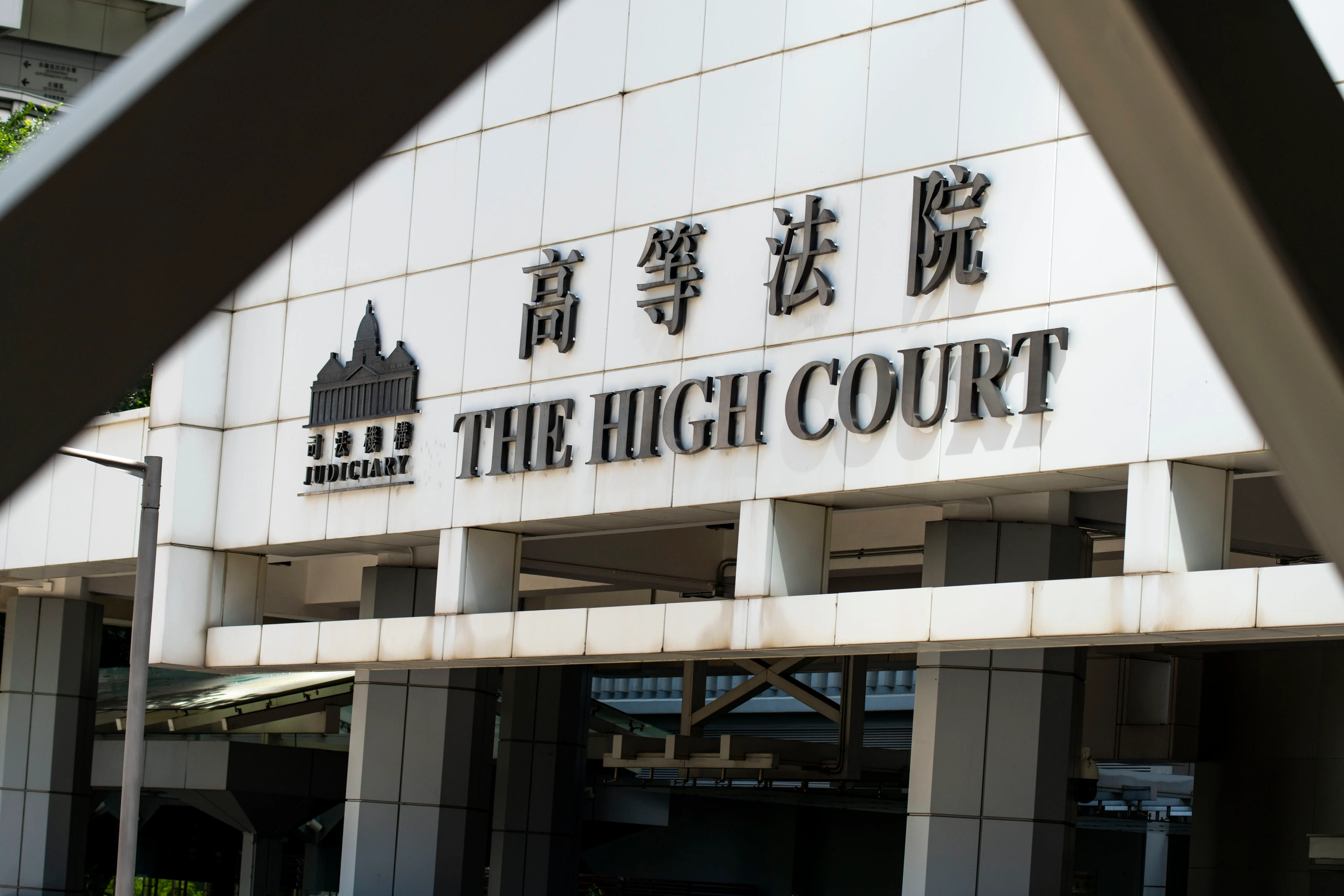By Brian Wong
A Hong Kong court has quashed a government decision to refuse hire car permits to two prospective Uber drivers seven years ago, rejecting authorities’ contentions that the move could open the floodgates for ride-hailing services and private vehicles to operate as “pseudo-taxis”.
In a written judgment handed down on Thursday, the High Court found the Commissioner for Transport’s dismissal of two litigants’ requests for a permit in 2018 to be based on an “impracticable, illogical and unworkable” interpretation of the legal requirement that would likely render all first-time applications unsuccessful.
The court also dismissed the government’s argument that the legislature had only intended for taxis to provide personalised point-to-point journeys, ruling that it would effectively impose a categorical ban on ride-hailing operators and run contrary to authorities’ clear assurance that they would not be excluded from providing point-to-point services.
Mr Justice Russell Coleman ordered the Transport Tribunal to consider the matter afresh, but noted his ruling “would be practically determinative” of the applications for a permit in the applicants’ favour.
He stressed the judgment only concerned the correct interpretation of the law governing the issuance of hire car permits but not the government’s policy on e-hailing platforms.
The ruling came at a time when the government is mulling over legalising Uber and other ride-hailing services through the introduction of a regulatory framework amid popular demand and complaints against poor taxi services.
The litigants, Chen Hai-tao and Yin Wai-ho, jointly lodged a judicial review after failing to obtain a hire car permit that would have enabled them to legally work as Uber drivers using their Tesla Model S electric cars.
It is currently illegal for drivers of private vehicles to accept paid customers without such a permit, with many ride-hailing platforms such as Uber, Tada, Amap and Didi Chuxing operating unregulated.
Amap is operated by Alibaba Group Holding, which owns the South China Morning Post.
The government said it did not have a policy of restricting e-hailing car services, but operators must work legally under the permit scheme. The number of permits has been capped at 1,500 since 1981. The government had issued 1,067 such permits as of the end of 2020.
In August 2021, the tribunal upheld the transport commissioner’s decision to reject the two applicants’ appeals, saying there was no evidence of greater demand for the pair’s specific services despite an increasing demand for personalised point-to-point transport in Hong Kong.
At issue in Chen and Yin’s case was whether “the type of hire car service specified in the application is reasonably required”, a test which forms one of the two main requirements for issuing the permits under the Road Traffic (Public Service Vehicles) Regulations.
Counsel for the commissioner argued that the applicants, in order for their services to be considered “reasonably required”, had to show they were able to cater for “special market niches” that set them apart from existing taxi services.
But Coleman said it would be “close to absurd” to suggest the litigants had to prove the uniqueness of the driving experiences they intended to offer before they could secure permissions to operate.
“Not only is this likely impossible in the context of any first-time applicant for a [hire car permit], but it is also impracticable, illogical and unworkable to graft on some requirement for a “unique” or “niche” service to be provided ‘specifically’ by that applicant,” the judge wrote.
Coleman also found no basis to support the commissioner’s contention that allowing private cars to provide personalised point-to-point services would turn them into “pseudo-taxis”, saying ride-hailing services had to be pre-booked and did not involve any plying for hire as taxis did.
